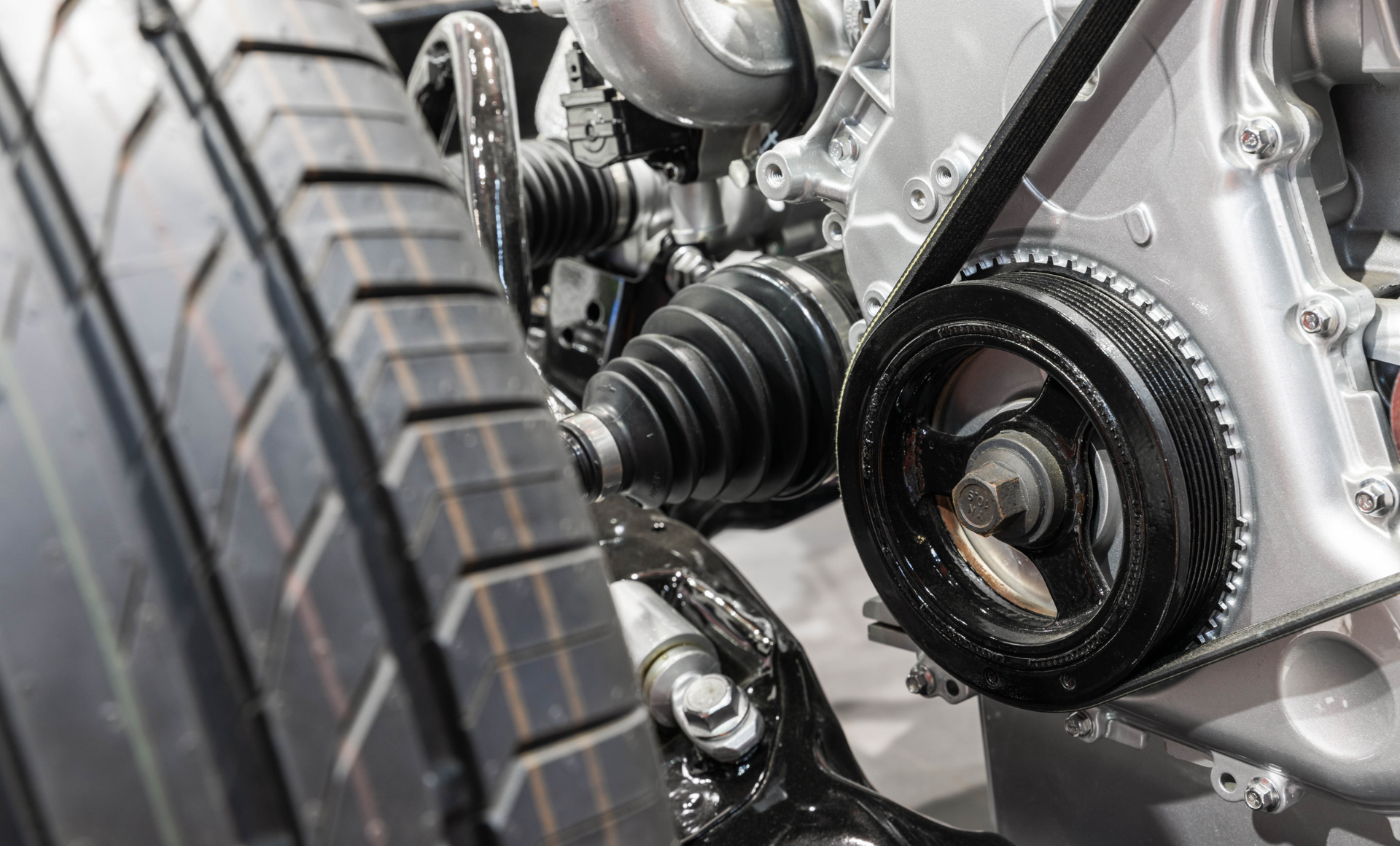Prevent Microbial and Water Problems In Fuel

In any fuel situation, microbe problems and water problems are related concepts and both are hard to keep completely under control.
Every storage tank gets water in it; it’s virtually impossible to keep all water out of a fuel delivery system all of the time. Any time you have any amount of water collection in fuel tanks, microbial problems can be quick to develop because microbes don’t need very much water at all to establish themselves. So it’s extremely important to monitor the water levels in storage tanks.
Eventually, however, almost any commercial fuel user is going to see microbial contamination develop in their tanks. Fortunately, Bell Performance offers state-of-the-art chemistries to help with both of these problems. And Bell Fuel & Tank Services offers the expertise of the Hybrid Approach to solve the problem.
When controlling water buildup of any significant amount, substantial amounts should be removed mechanically. But even then, because of differences in tank design and the inevitable shifting of tanks to make them un-level, it’s almost impossible to completely remove all water from a tank. This is where a commercial-grade water scavenger like Bell Performance’s DFS Plus is useful to clean up the rest.
We said microbial problems are often linked to water presence. With today’s ULSD fuels being less resistant to microbial growth than fuels of the past, microbial problems are now the most common cause of fuel performance and fuel-related engine issues. And the only way to solve microbe problems is to use a biocide to kill the microbes.
Fortunately, Bell Performance offers a choice of two of the most effective biocides in the industry to knock this problem out.
Bellicide (thiocyanate) kills the broad spectrum of problematic microbes found in commercial fuel systems. It works in both fuel and water, partitioning effectively between both phases to ensure a complete kill.
ClearKIll (MBO) offers comparable broad-spectrum effectiveness as Bellicide, but also provides corrosion-inhibiting protection for fuel systems (an added value point). ClearKill is also perfect for fuel users in situations that are sensitive to sulfur issues (like hospitals keeping in line with AHCA regular) because
ClearKill is sulfur free. It has been used in Europe for decades to solve microbe problems. ClearKill has approvals from both national militaries and multinational European companies like Mercedes Benz, so anyone can use it with confidence.
What About Entrained Water?
Up to this point, water problems have meant free water buildup. But you can also see water problems in the form of cloudy fuel with emulsified water that will not fall out on its own. This can represent a big problem because, like microbe problems, these kinds of situations need help to clear up. They won’t resolve through time alone.
For this kind of problem, Bell Performance has a commercial-grade solution - demulsifier formulations that are highly effective at breaking tricky fuel-water emulsions to allow fuel and water to separate and resolve the issue.
Bell Performance has been helping commercial fuel users get the most from their fuel dollar for over 100 years. Our commercial-grade formulations, combined with the expertise of our Bell Fuel & Tank Services arm, see to it that you have the problem-solving tools and expertise you need.


